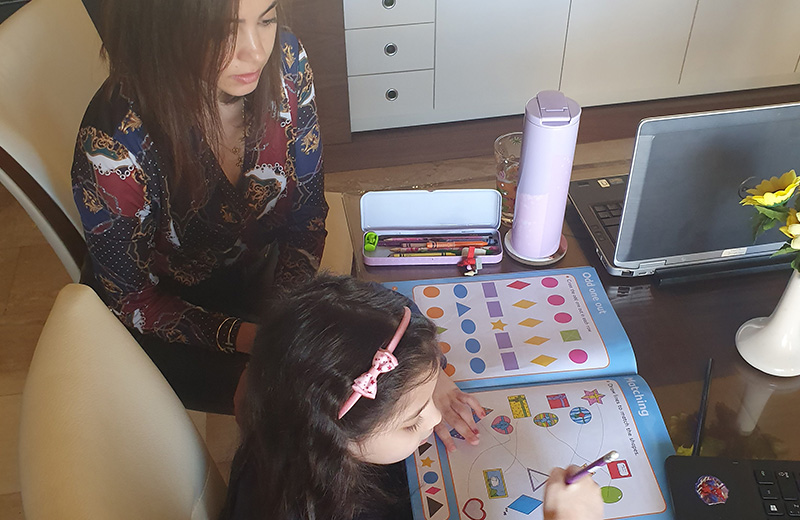Wellness
Understanding the role of emotions in everyday life

To begin with, I’ve always had many questions about emotions but never really contemplated them. In intense moments in life, sometimes I would wonder: “Is it ok to feel this emotion?” or “Am I being too emotional in this situation?”. But later on, I started to question: why do we even have emotions, and what is their purpose? And the more I learnt about them, the more I became amazed by their value and how they affect our lives.
Emotions play a significant part in our lives; they impact how we act, the decisions we make, our relationships, how we parent, and even our sense of fulfillment in general. Their role is to guide us and focus our attention on what’s important; it can also motivate us to take action in life’s situations. I would like to give an example about “Anger” because it has a bad reputation, and this reputation comes from our reaction to anger and not from the feeling itself.
Anger means that something is blocking our way, and we feel stuck. Therefore, its role is to focus our attention on the obstacles blocking our way, whether we feel stuck in our relationships, in our career, or any other area that we’re not progressing in. Most people react to anger by fighting back either by yelling or attacking, and that can be helpful if someone is hurting our child, for example. But most of the time, yelling or hitting does not help the situation, nor does it serve us well. If we understand the message behind anger, then anger becomes a motivator to push through this obstacle after choosing a better response and a more suitable course of action for reaching what we wish to achieve.
Emotions have a purpose and a meaning behind them; they help us draw our attention to opportunities and threats by guiding us to survive if it’s a threat and thrive if it’s an opportunity. When something happens around us in reality or in our minds, we feel emotions to understand the meaning of what’s going on around us. For example: “Fear” is an indicator that something we care about is at risk (our lives, someone else’s life, our ego… etc.), so it can help us notice what we care about and becomes a motivator to protect it.
When we suppress our emotions and keep them out of our lives and decision-making and only rely on rational thinking, we miss important data because emotions play an important role even in rational thought. We can’t base our decisions without considering our past emotional learning from past experiences. So emotions and cognition work together, and instead of suppressing them, we should embrace them as our allies. This means that emotions are not good or bad, but they are simply neutral, and we can’t consider uncomfortable emotions as the negative cause of the messages they are carrying.
How we interpret and understand these messages from emotions depends on how we see them; do we see them as friends or enemies? Remember, emotions help us draw attention to what we need and value. So every time you experience a feeling in your busy life, just take a moment to notice it more, reflect on it, and understand the message it’s bringing; then, you can make better decisions to achieve what you want and reach your goals.














